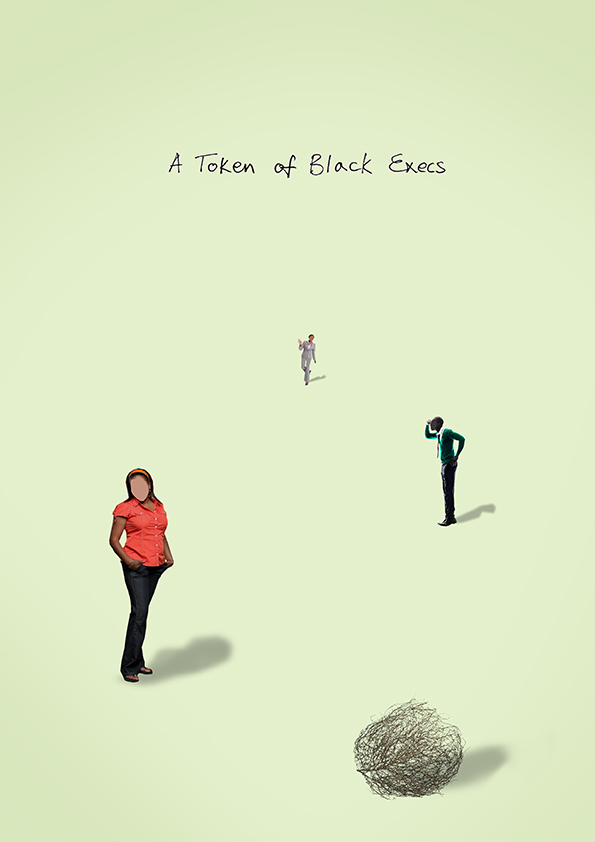You don’t know what the sound is, darlin’. It’s the sound of my tears fallin’. Or is it the rain? You don’t know the weekend.
Football mascots observing a minute’s silence.
The amazing life of Gene Roddenberry, creator of Star Trek.
iTunes terms and conditions reimagined as a graphic novel.
Excellent JJ Abrams interview (thanks, J).
Brilliant street art (thanks, K).
Handwritten lyrics by Bowie, Bush, Ramone etc (thanks, T).
Why did women start shaving their armpits? (Thanks, H):
https://www.youtube.com/watch?v=rwcCV1nEisQ
Interview with Walter Murch, one of the all-time great editors (thanks, J).
Album covers, slightly reimagined (thanks, D).
Creative apartheid – an advertising board game (thanks, T).
David Foster Wallace interview (thanks, T).

